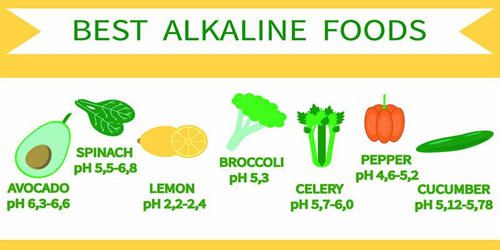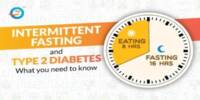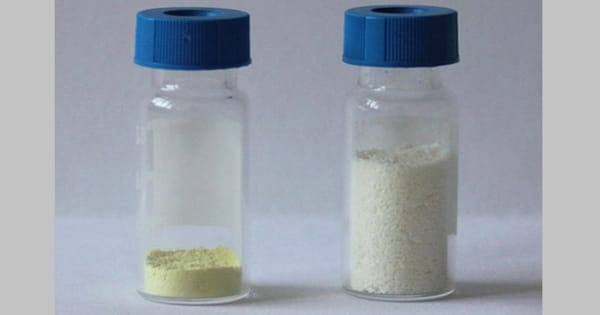The alkaline diet is based on the idea that replacing acid-forming foods with alkaline foods can improve your health. It is based on a theory that some foods cause your body to produce acid, which is harmful. It describes a group of loosely related diets based on the misconception that different types of food can have an effect on the pH balance of the body. Its premise is that your diet can alter the pH value — the measurement of acidity or alkalinity — of your body. It originated from the acid ash hypothesis, which primarily related to osteoporosis research. If you eat foods that leave alkaline ash, it makes your blood more alkaline. Proponents of this diet claim that metabolic waste can directly affect your body’s acidity.
Proponents of the diet believe that certain foods can affect the acidity (pH) of the body and that the change in pH can, therefore, be used to treat or prevent disease. Proponents of this diet even claim that it can help fight serious diseases like cancer. Credible laboratories have done extensive research on this subject and have proven the theory to be false, not supporting the claimed mechanism of this diet. Due to conclusive evidence, it is not recommended by dietitians or other health professionals, though some have noted that eating unprocessed foods as this diet recommends may have incidental health benefits unrelated to bodily pH.
The alkaline diet is also known as the acid-alkaline diet or alkaline ash diet. These diets have been promoted by alternative medicine practitioners, who propose that such diets treat or prevent cancer, heart disease, low energy levels, and other illnesses. Human blood is maintained between pH 7.35 and 7.45 by acid-base homeostasis mechanisms. Levels above 7.45 are referred to as alkalosis and levels below 7.35 as acidosis. Both are potentially serious. The idea that these diets can materially affect blood pH for the purpose of creating a range of diseases is not supported by scientific research and makes incorrect assumptions about how alkaline diets function that is contrary to human physiology. However, the chemical reactions in your body happen in a slow and controlled manner.
Certain food groups are considered acidic, alkaline, or neutral:
- Acidic: Meat, poultry, fish, dairy, eggs, grains, alcohol
- Neutral: Natural fats, starches, and sugars
- Alkaline: fruits, nuts, legumes, and vegetables
According to the acid-ash hypothesis, acidic ash is thought to make you vulnerable to illness and disease, whereas alkaline ash is considered protective. While diets avoiding meat, poultry, cheese, and grains can be used in order to make the urine more alkaline (higher pH), difficulties in effectively predicting the effects of these diets have led to medications, rather than diet modification, as the preferred method of changing urine pH. The “acid-ash” hypothesis was once considered a risk factor for osteoporosis, though the current weight of scientific evidence does not support this hypothesis. By choosing more alkaline foods, you should be able to “alkalize” your body and improve your health. The foods that people eat on this diet can, however, help some maintain healthy body weight.
















